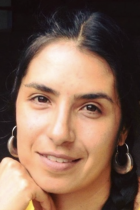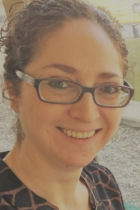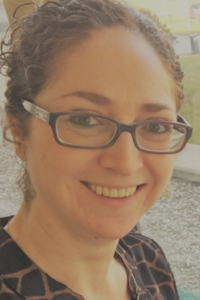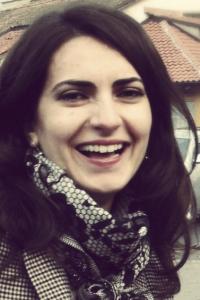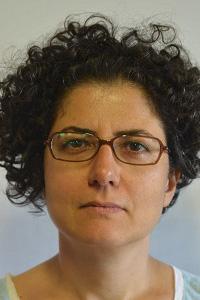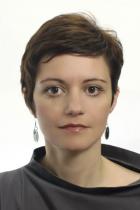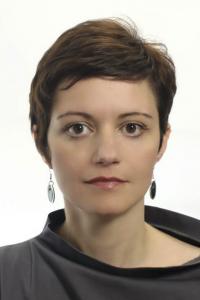Claudia Gonzalez

Claudia González-Pérez is a Political Scientist, Specialist in Theories and Experiences in Armed Conflict Resolution, Ethnic Communities Land Restitution, and Historical Memory. Claudia develops innovative community resources based on traditional conceptions of body, land, uses of property, comparative political thought to bear on issues of global justice, peacebuilding, transitional justice, conflict prevention, gender, and indigenous political thought. She is a creator of the conceptual & methodological program; “I am memory: Memory, Body, Territory” for Casa De La Mujer, Program awarded with Honorary Mention of the Antonio Nariño Human Rights Award in 2018. Claudia carried over this work to San Francisco (CA) strengthening the agenda of Colombians and non-Colombian immigrants, survivors of political violence in exile.






